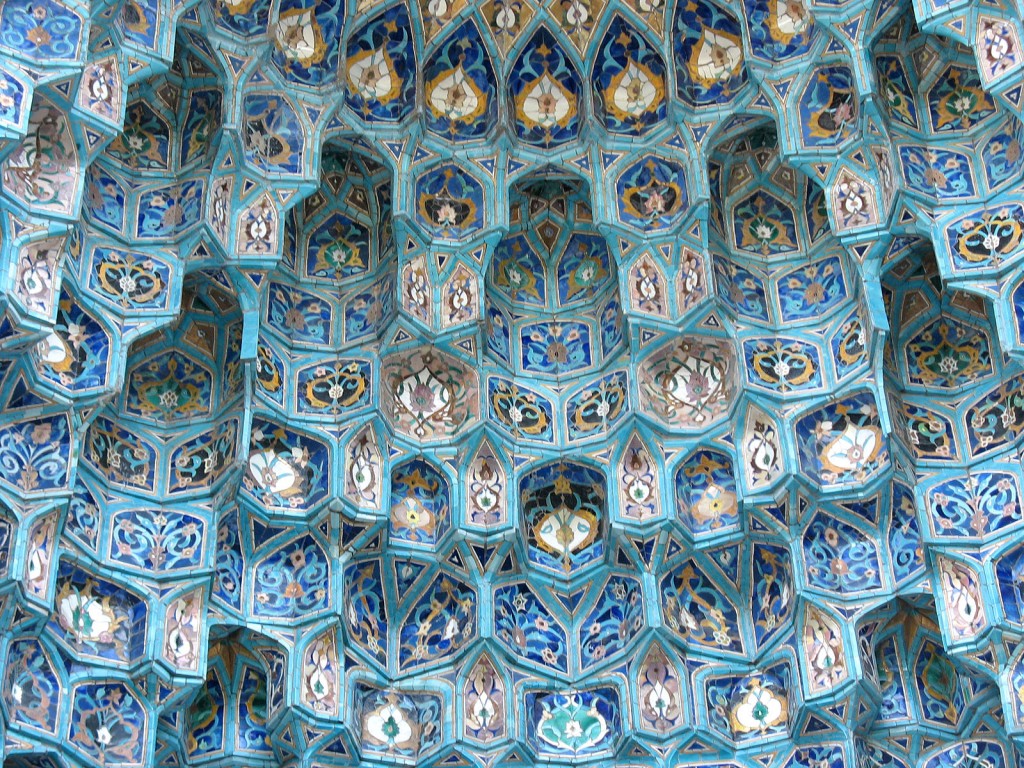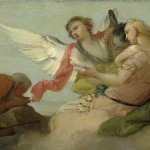
Michel Houellebecq is France’s literary bête noire. His much-anticipated novel Submission finally makes its appearance today in the United States.
Houllebecq is controversial because he seems to run a reductio ad absurdam on every Western sacred cow he encounters: The Elementary Particles lampoon the genetics and posthuman revolutions, The Map and the Territory makes light of the art market and capitalism, while the newest book skewers France for having no backbone to resist being turned into an authoritarian Islamic state.
Submission is inextricably tied to the Charlie Hebdo attacks earlier this year. Houellebecq, around the time of the French release of Submission, was on the magazine’s cover the week when its staff was gutted of 11 members by a terrorist attack. The cover lampooned Houellebecq as a magus who predicts he’ll be doing Ramadan in 2022. Unnoticed by most there’s also a small byline at the bottom of the cover advertising cartoons on the real childhood shenanigans of Baby Jesus (wink, wink, nudge, nudge).
The confluence of these two religions on the cover actually make sense in the case of Houellebecq. The Elementary Particles contains an extensive appreciative passage about the historical influence of the Church on philosophy and life. The main character in Submission is a scholar of the late 19th century Catholic novelist J.K. Huysmans, but he forgoes a reversion to Catholicism for an opportunistic conversion to an ascendant French-national Islam.
Platform is the Houellebecq novel I’ve been reading this past week while waiting for Submission to arrive. It also has this submissive respect toward the Catholic heritage typical of his writing. Platform is one of the few real love stories in the Frenchman’s output, but, there’s a caveat, it’s also set within the guts and gonads of a travel industry ready to capitalize on sex tourism. There are plenty of intentionally boring explicit sex scenes in it. They are boring and explicit because long before Playboy clothed its models we knew there’s nothing exciting or revelatory about the orgasm, nudity, coitus, fellatio, or anything else we can do with our genitalia.
Therefore, the really exciting stuff comes when Platform‘s main character, Michel Renault, goes off on a tangent down memory lane, while proposing to his upper management girlfriend and her boss the possibility of integrating sex tourism into vacation packages to prop up their limp sales.
“There is no other God but God alone”, etc. You won’t get very far with nonsense like that, you have to admit. Far from being an attempt at abstraction, as it is sometimes portrayed, the move towards monotheism is nothing more than a shift towards mindlessness. Note that Catholicism, a subtle religion, and one which I respect, which well knew what suited human nature, quickly moved away from the monotheism imposed by its initial doctrine. Through the dogma of the Trinity and the cult of the Virgin and the Saints, the recognition of the role played by the powers of darkness, little by little it reconstituted an authentic polytheism; it was only by doing so that it succeeded in covering the earth with numberless artistic splendours. One God! What an absurdity! What an inhuman, murderous absurdity! … A god of stone, cher monsieur, a jealous, bloody god who should never have crossed over from Sinai. How much more profound, when you think about it, was our Egyptian religion, how much wiser and more humane . . . and our women! How beautiful our women were! Remember Cleopatra, who bewitched great Caesar. See what remains of them today . . .’ (randomly he indicated two veiled women walking with difficulty carrying bundles of merchandise). ‘Lumps. Big shapeless lumps of fat who hide themselves beneath rags. As soon as they’re married, they think of nothing but eating. They eat and eat and eat! . . .’ (his face became bloated as he pulled a face like de Funes). ‘No, believe me, cher monsieur, the desert has produced nothing but lunatics and morons.
The above is a flashback to what an Egyptian tour-guide told Renault on a vacation. It is part of his explanation why tours in Muslim countries will not have the requisite sex appeal of tours in Asian, Sub-Saharan, and Latin American countries; Renault recommends “action” tours for Muslim countries. Platform is gritty, realistic, and pornographic at times, because that’s what the subject matter requires. You’ve been warned.
Admittedly, Houellebecq’s depiction of Catholicism above will not impress anyone with its orthodoxy, however, it does indirectly get at the fleshy and anthropocentric heart of the the Catholic imagination. Interestingly enough, it has a lot in common with the loving picture of the preconciliar liturgy found in Martin Mosebach’s The Heresy of Formlessness. Mosebach sees the colorful old Catholic liturgy and architecture as a kind of apotheosis and lifting up of the world’s pagan heritage.
In a peculiar way Houellebecq is continually poised between the mosque, the cathedral, and the stock exchange.
The cathedral seems to hold out much more appeal for its fleshly humanity, whereas the mosque’s geometrical arabesques sublimely overwhelm, but ultimately do not convince. Yet, the novelist cannot submit full-heartedly because the market not only commodifies and neutralizes sex, but also because it paralyzes the ability to decide with an endlessly nauseating parade of useless services (many of them sexual) and commodities.
In the end, Houllebecq’s writing suggests that a menage-a-trois between Catholicism, Islam, and capitalism tantalizes the West, but it cannot be consummated. These three things have trouble getting into the same bed.
You might also want to take a look at a list of the TOP10 living religious novelists and their best books.












